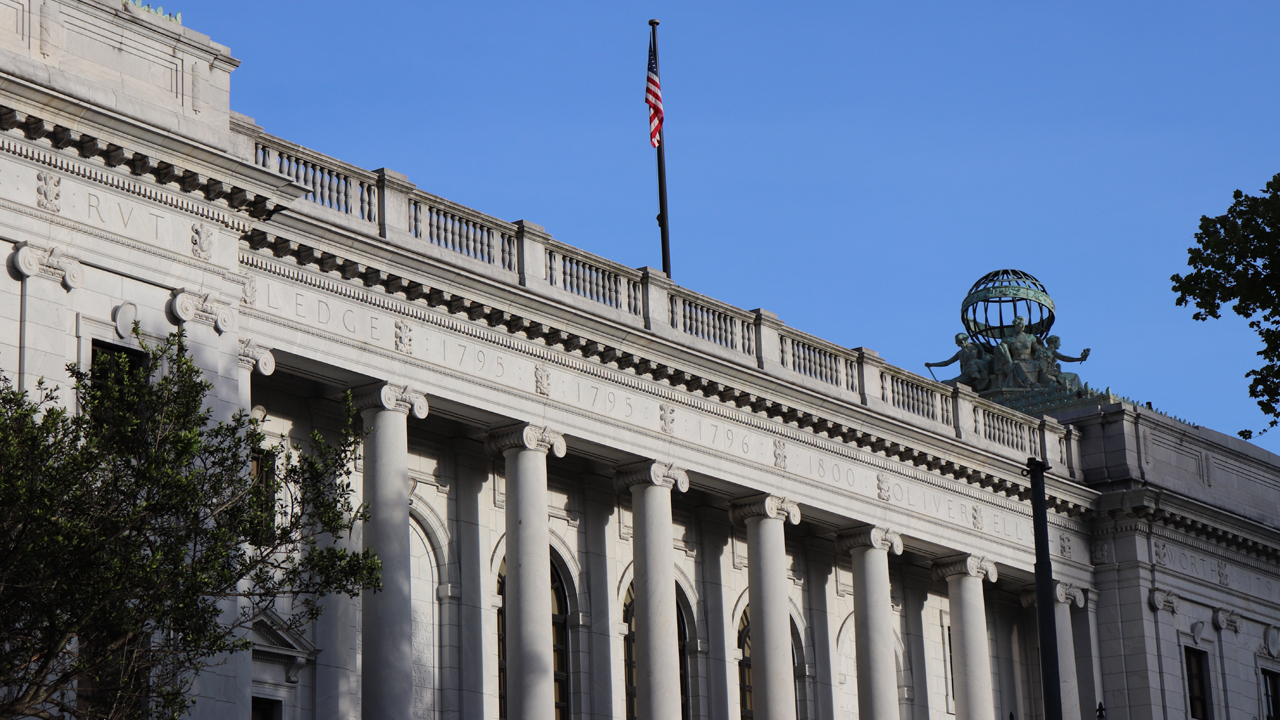[ad_1]


A Fifth Circuit panel of judges recently ruled that Fourth Amendment rights do not apply to cryptocurrency transaction data that stems from an exchange. The U.S. court ruled against the defendant, Richard Gratkowski, who attempted to leverage the Fourth Amendment in an appeal.
According to the ruling of a three-judge panel from the Fifth Circuit courts, the American government’s Fourth Amendment does not apply to bitcoin transactions used in a crime if they stem from virtual currency exchanges. Richard Gratkowski was charged with allegedly making payments to a child pornography website, and sent bitcoin (BTC) to the web portal via his Coinbase account.
Now the Federal Bureau of Investigation (FBI) searched Gratkowski and found illicit materials at his home and they subpoenaed Coinbase for transaction records. However, Gratkowski appealed the case and said that his bitcoin transaction history deserves to be protected by the Fourth Amendment.
Specifically, Gratkowski leveraged the 2018 Supreme Court ruling from Carpenter v. the United States. That particular case deemed cellphone data was personal and protected by Fourth Amendment protections.
However, Judge Catharina Haynes used an old Supreme Court decision from 1939 called the United States v. Miller. That particular ruling said that bank records are not protected by the Fourth Amendment. Judge Haynes ruled:
Coinbase is a financial institution, a virtual currency exchange, that provides Bitcoin users with a method for transferring bitcoin. The main difference between Coinbase and traditional banks, which were at issue in Miller, is that Coinbase deals with virtual currency while traditional banks deal with physical currency.
The other two judges agreed with Haynes, and the court noted that unlike cellphone data, bitcoin transactions are not “an intimate window into a person’s life.” The panel also highlighted that cryptocurrency transaction data was not a “pervasive or insistent part of daily life.” Of course, even though the case is controversial, bitcoiners are unsure of how the case will affect other U.S. lawsuits going forward.
Traditionally in America, decisions that are tied to the Supreme Court and the U.S. Court of Appeals, typically become formalized standards or law. Other judges will leverage the decision made during Gratkowski’s appeal process.
Founded in 1891, the Fifth Circuit is one of 13 American courts of appeals, and the branch is a federal court with appellate jurisdiction. The Fifth Circuit Court of Appeals presides over Texas, Mississippi, and Louisiana.


Now if other U.S. judges make contradictory rulings then this particular decision could be appealed again someday, and the weight of the three-judge panel decision may be tested. For now, and from the Fifth Circuit’s perspective, bitcoin data stemming from a virtual exchange like Coinbase is not protected by the Fourth Amendment.
Going forward, bitcoiners will simply have to wait for more court rulings that are similar to see if this decision holds water for an extended duration of time.
What do you think about the Fifth Circuit decision in the Gratkowski appeal? Let us know what you think about this subject in the comments section below.
Image Credits: Shutterstock, Pixabay, Wiki Commons
Disclaimer: This article is for informational purposes only. It is not a direct offer or solicitation of an offer to buy or sell, or a recommendation or endorsement of any products, services, or companies. Bitcoin.com does not provide investment, tax, legal, or accounting advice. Neither the company nor the author is responsible, directly or indirectly, for any damage or loss caused or alleged to be caused by or in connection with the use of or reliance on any content, goods or services mentioned in this article.
Read disclaimer
[ad_2]
Source link



